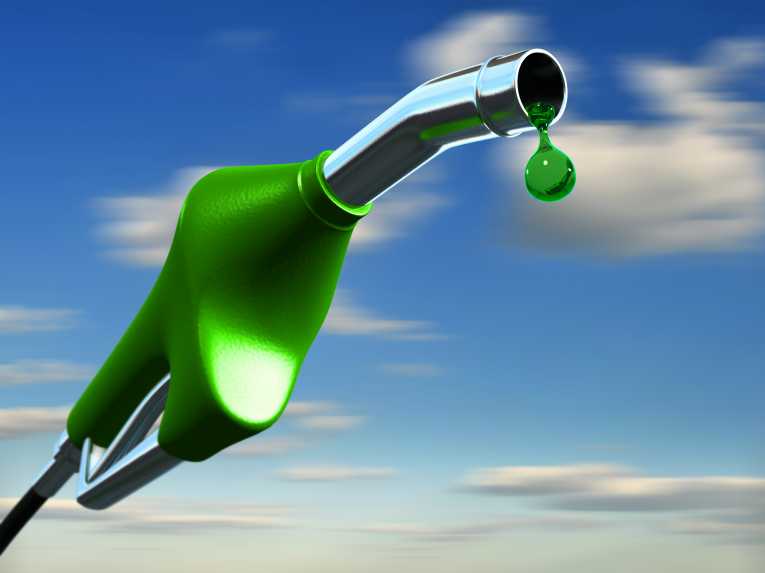Producing biofuels in commercial volumes remains stubbornly out of reach but researchers at UCLA's Henry Samueli School of Engineering and Applied Science have made a breakthrough that ups the production of butanol at much higher rates than previously attained.
Normal butanol, also called n-butanol, is a type of alcohol that could be a replacement for gasoline as it already works well in machinery designed to use our dwindling petroleum stocks.
Bacteria produce the fuel and James C. Liao, UCLA's Chancellor's Professor of Chemical and Biomolecular Engineering, who led the team managed to produce 15 to 30 grams of n-butanol per litre of culture medium by genetically modifying Escherichia coli (E. coli). The previous best output was around one to four grams per litre.
E. coli doesn't naturally produce n-butanol so Liao's team built a biochemical pathway in the bacteria to churn the stuff out; however, the amounts produced were low until they added metabolic driving forces to the pathway, producing a tenfold increase in output.
''Like human beings, microbes need an incentive to work,'' Liao said.
''We created driving forces by genetically engineering the metabolism,'' said Claire R. Shen, a UCLA Engineering graduate student.
''By using E. coli, we can make it produce only the compound with no other by-products,'' Liao said. ''With native producing organisms like Clostridium, which naturally produces n-butanol, there are other by-products that would add cost to the separation process.''
The team are now ready to try and transfer their methods to an industrial setting.










